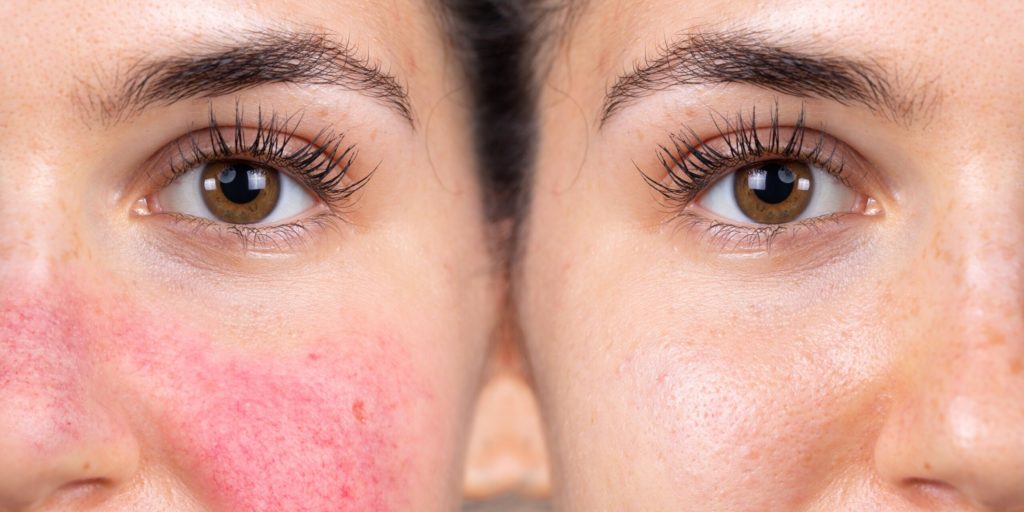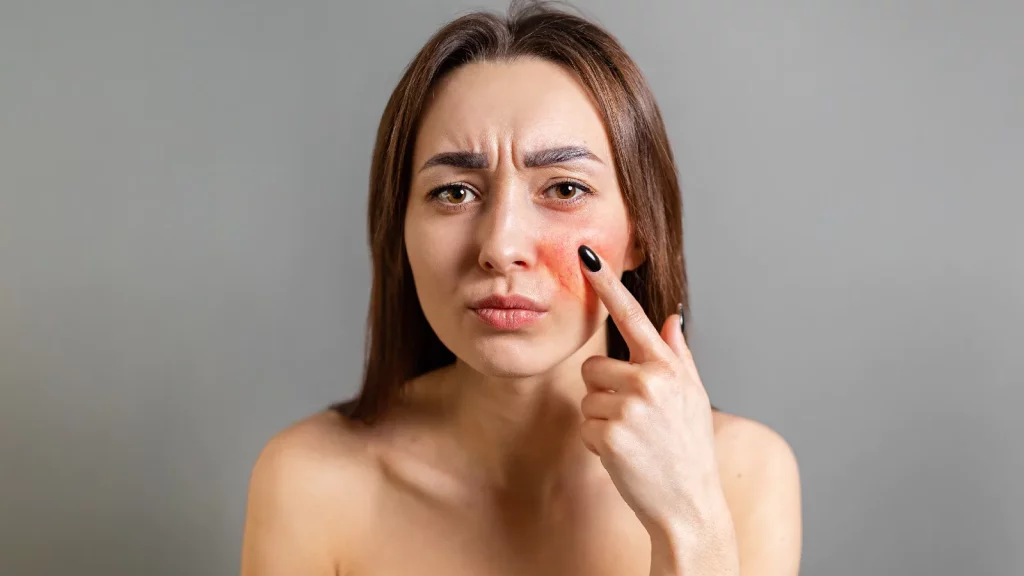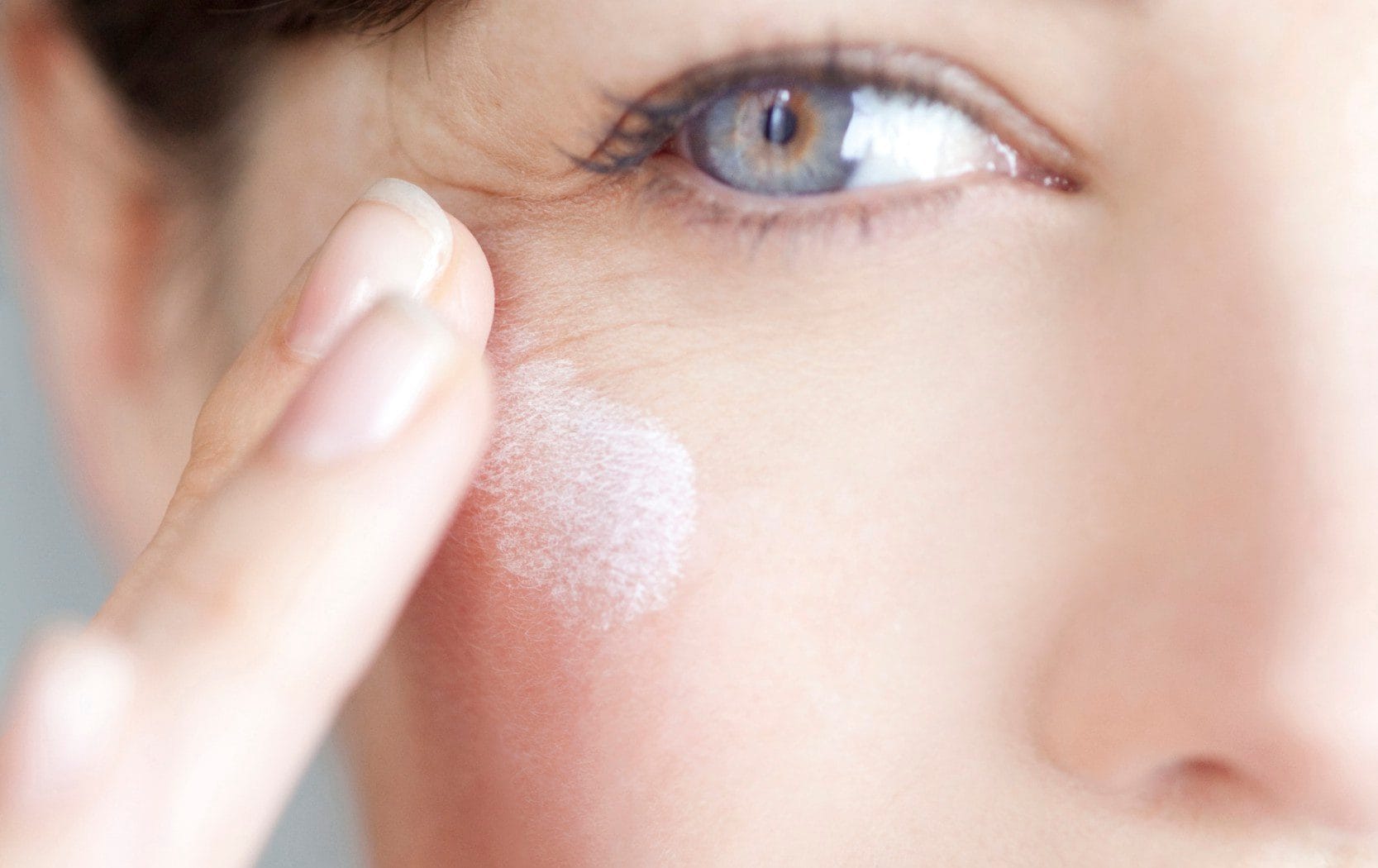Your Guide to Improving Sensitive Skin
Sensitive skin can be difficult to manage. Using the wrong products can dry out your skin or worse. It can be frustrating to find lotions, creams, and even makeup that won’t cause you to break out. No one teaches you how to handle your delicate skin care needs the way that it’s necessary. The good news is that you can improve your sensitive skin, and here’s a quick guide to help.
Choose Only High-Quality Skin Creams
Caring for your sensitive skin will be an investment. It’s necessary to choose only high-quality products and those that are designed for your unique skin care needs. The best products are formulated in a special way to minimize breakouts and keep your face moist and hydrated. They also include high-quality ingredients and are better than the cheap stuff you can find at local retail stores. You can get face cream for sensitive skin if you know what to look for.
Stay Hydrated By Drinking Distilled Water
New research is coming out on the benefits of drinking distilled water. One of them is the way that it impacts your body’s ability to detox, which can have a direct impact on your skin. While it’s necessary to also take in micronutrients and electrolytes if you are if you only drink distilled water, there are tremendous benefits when you use it as your primary water source. It can reduce the risk of water-borne illness, prevents parasites, and even reduces the risk of bladder cancer.

Watch What You Eat
Certain foods are very inflammatory and for those with sensitive skin, these should be avoided or eaten sparingly. Wheat, processed sugar, and store-bought dairy are among some of the worst offenders. If you struggle with acne, skin rashes, or other sensitivity issues, you might consider talking to an allergist or doing an elimination diet to check for sensitivity. Watching what goes into your mouth can have a greater effect on your skin than simply using quality products on your skin.
Be Careful in the Sun
Watching how much sun exposure you get is important if you have sensitive skin. The sun can damage your skin cells and keep you fighting against burns, rashes, dry skin, and more. Keep in mind that a little sun exposure is okay each day, but if you’ll be outside for an extended period of time, then it’s best to wear a lotion with SPF 30 and to get a wide-brimmed hat to protect your face.
Learn a Daily Skincare Routine

Everyone benefits from a different skincare routine. It’s important to gently wash your face with water to remove any dirt that can clog pores. Use exfoliating products sparingly when you have sensitive skin. You may want to invest in natural products because they tend to be less harsh on sensitive skin types because they have fewer chemicals in them than conventional face products. Some of these chemicals can be very drying which can be uncomfortable when you have sensitive skin. Visit the website to learn more.
Test New Products Carefully
Buying new products can be great, but also scary when you aren’t sure how your skin will react. Make sure you test new skincare products on your face when it’s clean, hasn’t been in the sun, and only on a small patch. It’s best to give it a day without putting on anything else so you can see how your body responds. You might end up with a breakout, dry patches, or even a rash if your sensitive skin doesn’t like it.
Don’t Push it After a Bad Reaction
Your skin needs time to heal if you have a bad reaction to a product, or your face suddenly breaks out. After a bad reaction, go back to the basics. Cleanse your face gently and leave it alone for a day or two. If you have a cream that can soothe the reaction, put it on a small spot to make sure that you don’t react to that as well. A big reaction might require taking a look at how you’ve been eating, if there is any stress in your life, and if you’ve been drinking enough water. It’s possible to improve your sensitive skin, but it may take some time to find the right routine and get into habits that work for you.

